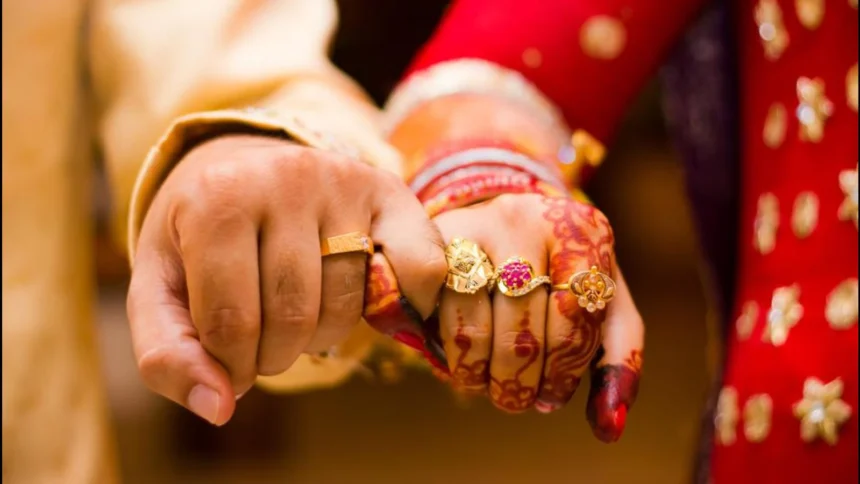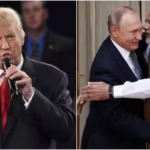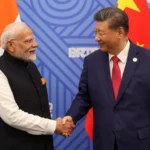The gram panchayat of Manakpur Sharif village in Punjab’s Mohali district passed a resolution on July 31 banning love marriages without the consent of family or community. The resolution prohibits such couples from residing in the village or nearby areas and threatens punitive action against anyone supporting or sheltering them.
The move, triggered by a recent controversial elopement, has drawn sharp criticism from political leaders, rights activists, and legal experts, who have called it unconstitutional and a violation of fundamental rights.
Village leaders, however, defend the decision as essential for preserving tradition and maintaining social harmony. Local officials have reaffirmed that adults are legally free to marry by choice and assured action if any formal complaints are received.
Preserving Tradition or Curtailing Freedom?
Manakpur Sharif, a small village just 10 km from Chandigarh with a population of around 2,000, passed the resolution following the marriage of 26-year-old Davinder to his 24-year-old niece, Baby—an act that defied their families’ approval and sparked outrage within the community.
Sarpanch Dalbir Singh described the resolution as a “preventive step” to uphold cultural values and protect social peace. He said the gram panchayat had unanimously backed the move and even urged neighbouring villages to adopt similar measures.
According to some locals, such marriages disrupt familial ties and social order, often leading to tension and disputes. Many residents view the resolution as a way to caution the younger generation and discourage unions that go against community expectations.
A Growing Pattern Across Punjab
The Manakpur Sharif case reflects a broader trend seen across Punjab, where several village panchayats have issued similar bans on intra-village love marriages without family approval. These often come with threats of social boycotts, eviction, and community ostracism.
In districts like Faridkot and villages such as Galwatti, similar resolutions have been passed in response to rising incidents of family conflict and social unrest tied to love marriages. Some affected couples have turned to the legal system, challenging these panchayat diktats for clashing with constitutional rights.
Political leaders, including Congress MP Dharamvira Gandhi, have condemned these bans, calling them “Talibani diktats” that violate citizens’ rights to personal choice and dignity. Rights groups argue that the freedom to marry by choice is a fundamental right protected under the Indian Constitution.
The value of cultural preservation while stressing the need to uphold individual freedoms. The ban by the Manakpur Sharif panchayat — and similar resolutions elsewhere — raises important questions about the balance between community norms and personal liberty.
True social harmony can only be achieved through open dialogue, mutual respect, and education — not coercion or fear. Village councils should consider progressive, inclusive approaches that respect both cultural identity and constitutional rights. The challenge lies in creating a space where both tradition and freedom can thrive without undermining one another. (Agencies)









